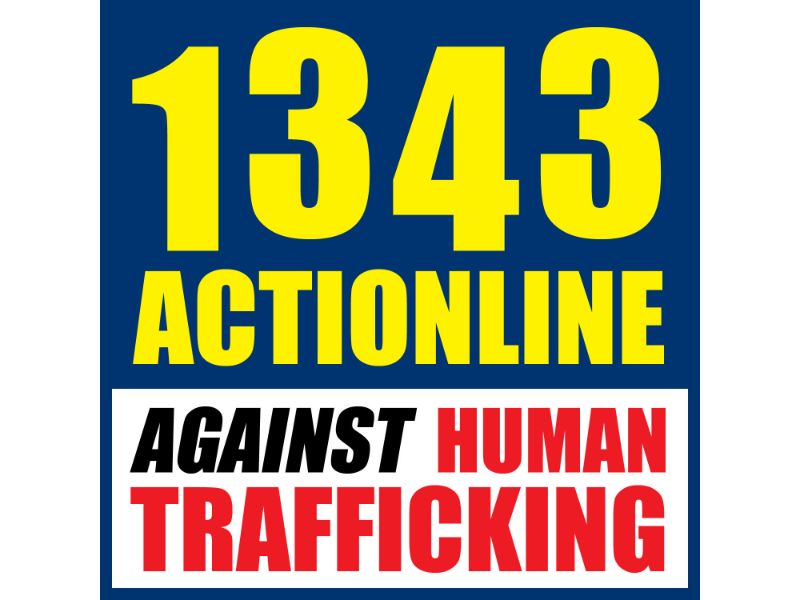The Inter-Agency Council Against Trafficking (IACAT) encouraged Filipinos, both domestic and overseas, to continue to help the government in fighting modern day slavery through its recently launched IACAT Public Assistance Corner (I-PAC). Since its inception in late September of 2012, IACAT has accommodated numerous queries and vital tips on human trafficking activities through its official website [www.iacat.net].
Officials from IACAT expressed that this web based tool is one of the most inexpensive and effective means for the public to get in touch with the government, especially for Filipinos located in distant provinces and even those overseas. It was also guaranteed that the correspondence shall be treated with utmost confidentiality and that IACAT will be reaching out to those who seek redress using the I-PAC.
The I-PAC has been used not only by Filipinos from all over the country, but also by OFWs. Majority of the I-PAC correspondence involved overseas Filipino workers seeking assistance on various issues ranging from objectionable working situations to vital information regarding the whereabouts of their respective recruiters.
The public assistance tool has also been instrumental for members of the academe particularly in data gathering with reference to their related studies to the government's efforts in fighting human trafficking. Based on the entries, requests for data and those seeking appointments for interviews with IACAT resource persons has been prevalent showing an increase in interest of students regarding the trafficking in persons and how it relates to existing social science models.
The I-PAC continues to be a remarkable tool for advancing the current administration's policy for accountability, public service and public information. This IACAT initiative sought to build the confidence of the public in creating higher standards of accountability relating to the government's opposition to human trafficking.
